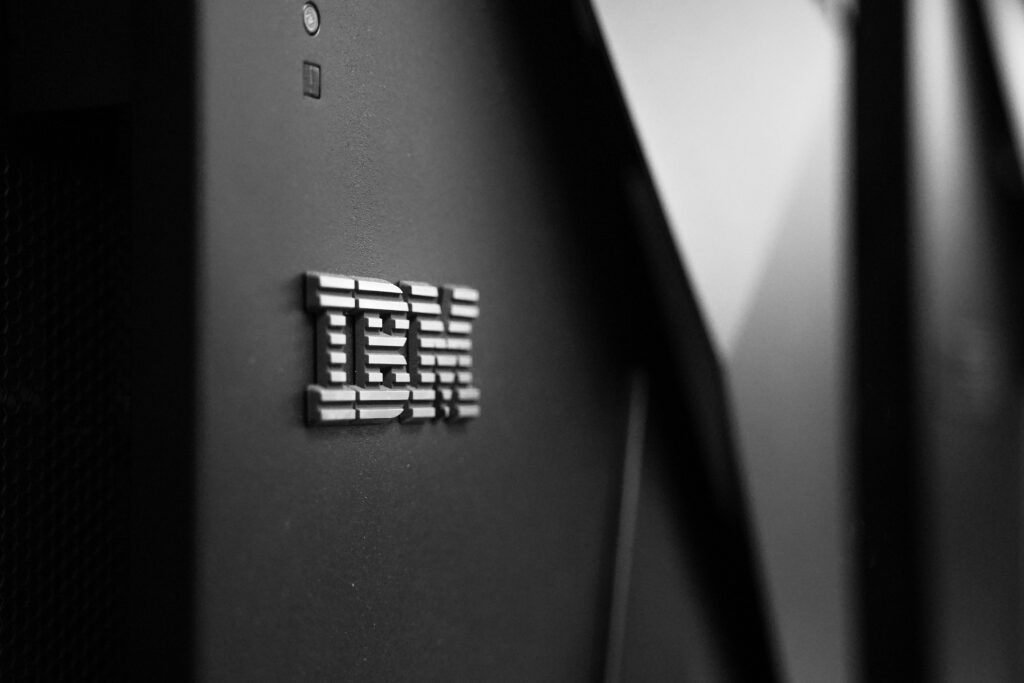SUSE, the open source Linux and Kubernetes platform provider, has gone public. Despite a lukewarm reception from the Frankfurt market, its debut valued the business at more than $5bn.
SUSE had hoped shares would trade between €30 and €34 but they opened slightly under the lower limit at €29.50 and, at the time of writing, are being traded at just above €30 per share. Despite the relatively low-key debut the IPO was far from a failure. SUSE and EQT sold around 40 million shares for just over €1.1bn which makes it the biggest tech IPO on the German market this year. SUSE CEO, Melissa Di Donato is also the first woman to lead a high- profile IPO in Germany and the listing represents the culmination of her efforts to reinvigorate the company since taking the helm in July 2019.
Founded in 1992 and headquartered in Nuremburg, Germany, SUSE was the first company to introduce enterprise capabilities to the Linux open source operating system. Today, its offering is grouped into two open source software product categories – the SUSE Linux Enterprise product family, which comprises its core Linux operating system offering, and the SUSE Rancher product family (following the acquisition of Rancher Labsannounced in December 2020 and completed earlier this year), which comprises its container management and storage offering.
The SUSE Linux Enterprise Server operating system is an enterprise grade, secure, and adaptable operating system that is trusted by more than 60 percent of the Fortune Global 500 across all industries and geographies. SUSE’s container management platform, SUSE Rancher, has been downloaded over 100 million times since its introduction into the market, making it one of the industry’s most widely adopted solutions for managing Kubernetes containers across any environment.
SUSE was only acquired by EQT three years ago following its sale by Micro Focus and even by most PE-backed standards, this is a rapid move from private to public ownership.
So, what has driven the move towards an IPO?
There are three big factors at play here: firstly, virtually all enterprise tech is hot at the moment and PE houses and investors have a huge pot of ‘dry powder’ to invest in software businesses that are not weighed down by legacy technology. SUSE is ‘literally’ at the cutting edge of modern cloud architecture with its Kubernetes containerisation platform and Edge workload solutions – this is the battleground in the hyper-competitive multi-cloud era that is only set to intensify.
SUSE is ‘literally’ at the cutting edge of modern cloud architecture
Secondly, and allied to the first point, SUSE’s solutions are based on open source technologies which are likely to play an increasingly important role in the way solutions, platforms and applications work in the future. Digital transformation has opened up a world of new possibilities for the how, why, and where applications and workloads are managed. Smart enterprise leaders are moving more and more towards a clean core with innovation at the edge and SUSE provides this while being underpinned by the industry standard Linux enterprise technologies.
The third factor is their CEO. Melissa Di Donato is a first-time leader who has never worked in open source before. If you met her, you would understand why these factors are no barrier to success. Over the last two years Di Donato has successfully re-energised the company, negotiated and managed the acquisition of Rancher Labs and overseen revenue growth to in excess of $500m, with particularly strong acceleration in average contract value – meaning they are winning more and more higher value customers.
Di Donato is fiercely ambitious and highly motivated and it’s no surprise at all that she has led SUSE into public ownership where it will have greater financial flexibility to take on IBM and Red Hat in the extremely competitive and lucrative hybrid cloud open source battleground.





